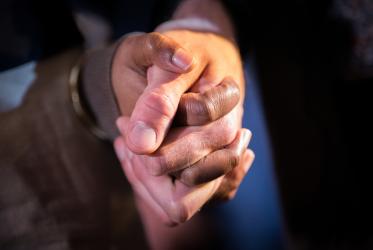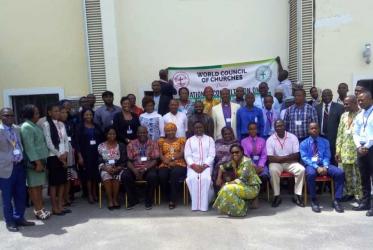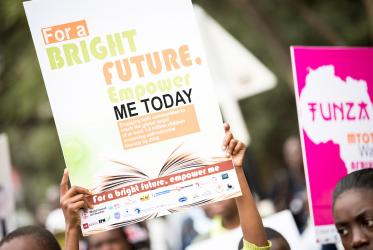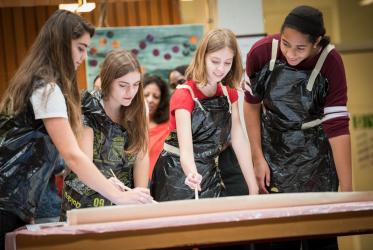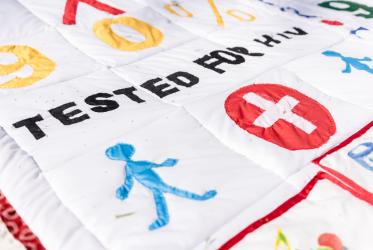Displaying 141 - 160 of 293
WCC calls for Global Day of Prayer to End Famine
31 May 2018
WCC participates in 71st World Health Assembly
29 May 2018
At CSW62, “stories are the heartbeat”
21 March 2018
Conversation on HIV “must continue,” Faith Networking Zone shows
07 December 2017
Re-engineering life forms: Church forum raises concerns
09 November 2017
“God has brought ways of defeating HIV”
31 October 2017
Ugandan Mothers’ Union leader helps overcome HIV
31 October 2017
